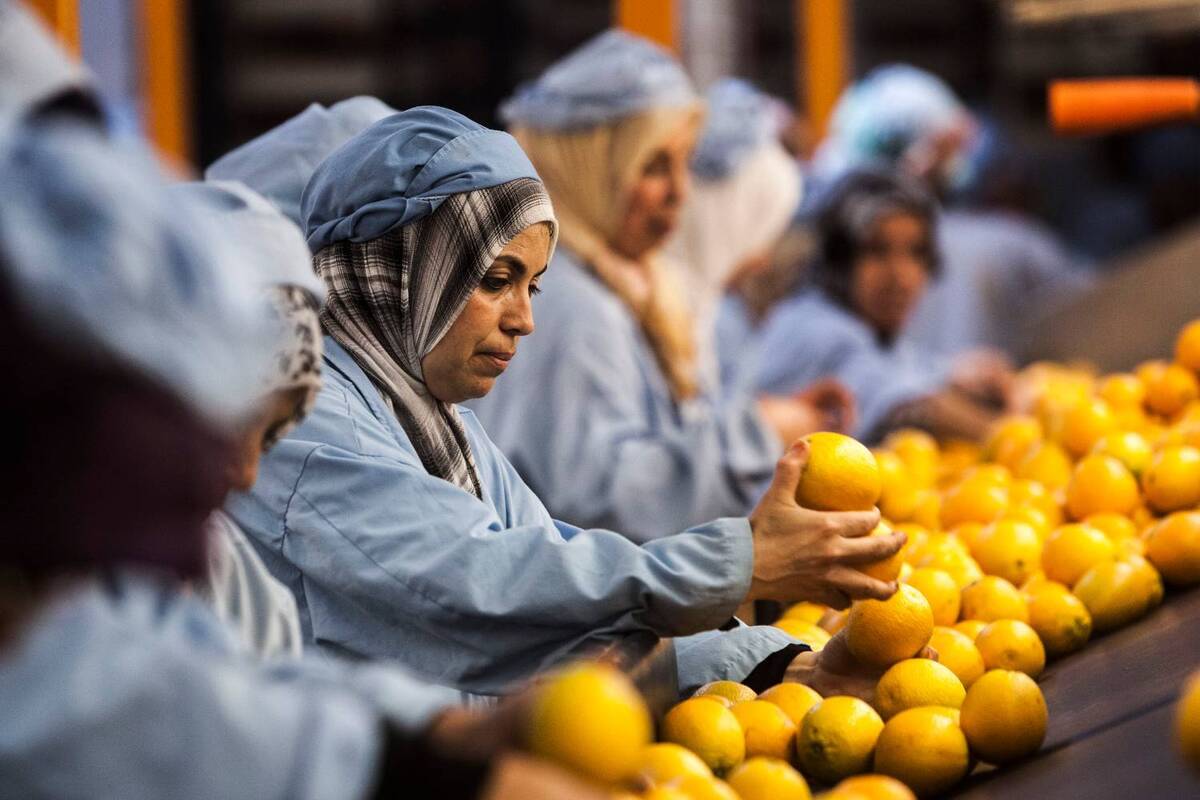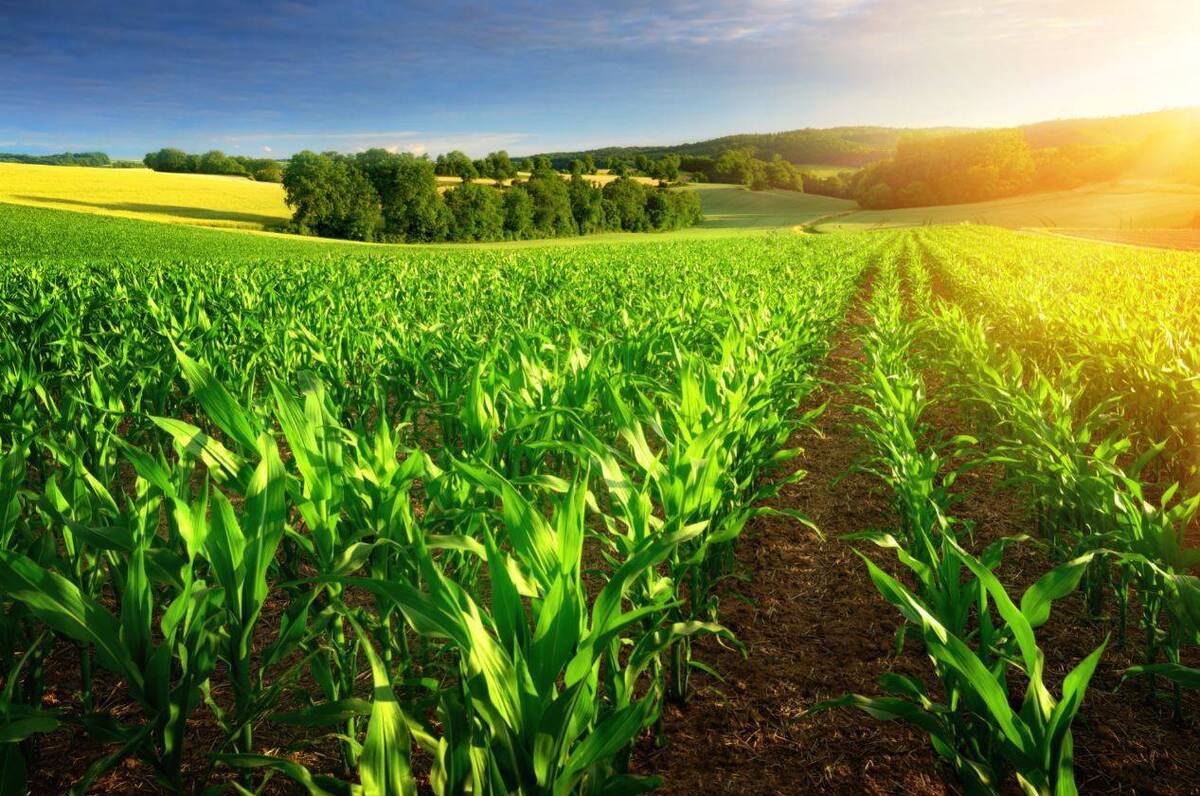FAO: World Food Prices Continued Climbing in May

The main factors pushing global food prices higher were prices for grains and cereals, the largest component in the index, according to data from the FAO.
The Organization said global food prices had fallen in 19 of the 21 months, until they began to rise again in March.
The broad FAO Food Price Index rose 0.9 percent compared to a month earlier. However, the index was still 3.4 percent lower than in the same month in 2023, and it was 24.9 percent below its all-time high in March 2022, when global prices surged after the start of the conflict between Russia and Ukraine.
Prices for grains and cereals, the largest component in the broad index, surged 6.3 percent, though they remained 8.2 percent below levels a year earlier. The FAO said the latest increase was due to worries about under-performing harvests later in the year in Europe, North America, and around the Black Sea, where agricultural areas remain under pressure due to the crisis in Ukraine.
Rice prices, which rose by 1.3 percent in May, were pushed higher due to increased demand in Indonesia and Brazil.
Dairy prices also rose, the FAO said, climbing by 1.8 percent, as milk production in Western Europe is seen as below historical norms, and there are concerns that production in Oceania will also be weak. With the gains, dairy prices were 3.5 percent higher than their level a year ago.
In contrast, sugar prices fell 7.5 percent in May, and were 25.5 percent below levels from a year earlier. Prices fell due to indications that the harvest in Brazil, the world's largest producer of sugar, would be strong this year.
Vegetable oils fell 2.4 percent, the FAO said, though they remained 7.7 percent above prices in May 2023. The FAO said demand for vegetable oils had diminished, while production in Asia improved.
Meanwhile, meat prices were virtually unchanged, slipping just 0.2 percent as exports of most types of meat remained strong, balancing out rising demand.
4155/v
























